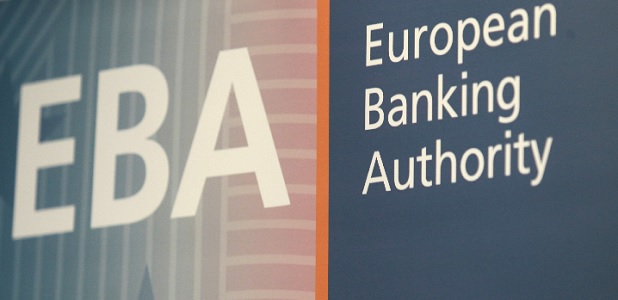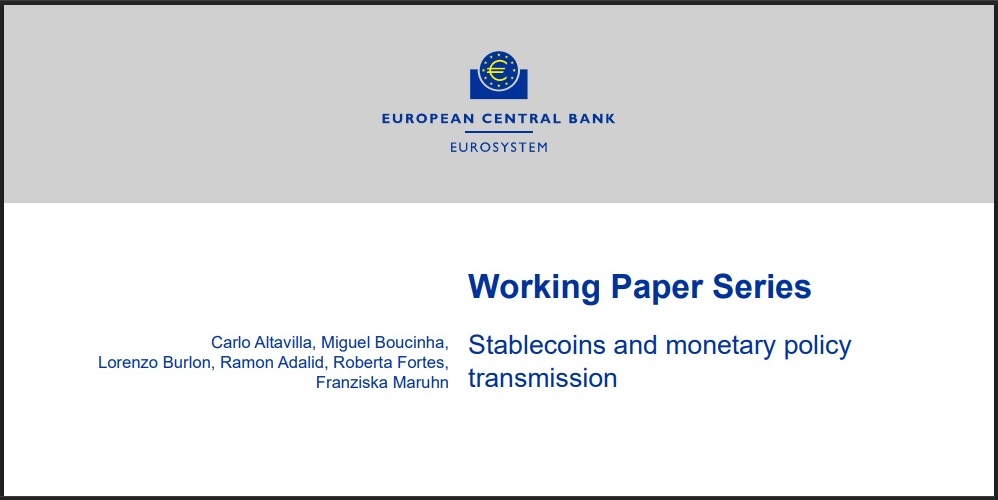The EBA publishes Report on direct provision of banking services from third countries

The European Banking Authority (EBA) published a Report on the direct provision of banking services from third countries. The quantitative and qualitative analysis performed didn’t provide evidence to recommend the amendment of the new Article 21c of the Capital Requirement Directive (CRD) which identifies how core banking services should be provided in a Member State. However, the EBA suggests a clarification of the interaction between Article 21c of the CRD and other sectorial legislations could be beneficial to authorities and market participants.
The EBA considers that several factors make it difficult to measure the impact of the prohibition of direct provision of services from third countries set out in Article 21c CRD. At the same time, Article 21c of the CRD provides flexibility to EU financial sector entities that remain free to solicit core banking services from third country undertakings or may rely on services provided by third country branches or subsidiaries in the EU.
However, the EBA notes that Article 21c CRD does not expressly address the interaction with the Undertakings for the Collective Investment in Transferable Securities (UCITS) and the Alternative Investment Fund Managers Directive (AIFMD), in particular those provisions entitling EU financial sector entities to receive core banking services for their ongoing operationality in third countries in accordance with their business model. The EBA suggests that additional clarification could also be provided via the EBA Q&A tool.
Legal basis and background
Article 21c CRD aims to regulate when a third country branch needs to be established for the provision of core banking services in a relevant Member State. Article 21c CRD also provides exemptions and carve outs, embedding some flexibility in the articulation of such requirement. Notably, the establishment of a third-country branch is not required in case of interbank or intragroup transactions, or where the core banking services are provided via reverse solicitation. Additionally, Article 21c provides for a Markets in Financial Instruments Directive (MiFID) carve out, which excludes its application where investment services under MiFID and related ancillary services are provided. Lastly, to facilitate the transition to the new regime, a contract grandfathering is envisaged.
The EBA has been mandated by article 21c(6) CRD to develop a Report to assess whether it is appropriate to extend the possibility for third country undertakings to provide core banking services directly from third countries – i.e. without a branch in the Union – not only to EU credit institutions, but to any EU financial sector entity, having regard to financial stability and EU competitiveness considerations. For this purpose, the EBA has to consult the European Securities and Markets Authority (ESMA) and the European Insurance and Occupational Pensions Authority (EIOPA).
___________
Documents – Report provision of services from 3rd countries (805.46 KB – PDF) – Download
Dariusz Mazurkiewicz – CEO at BLIK Polish Payment Standard
Banking 4.0 – „how was the experience for you”
„To be honest I think that Sinaia, your conference, is much better then Davos.”
Many more interesting quotes in the video below:










